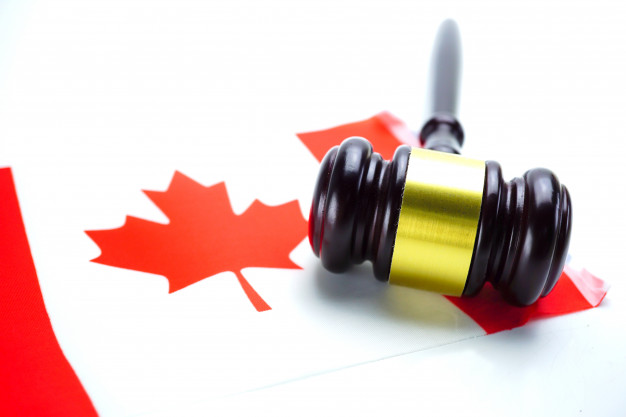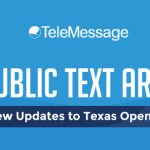The Supreme Court of Canada (the “SCC”), Canada’s highest court, recently decided in R. v. Marakah, 2017 SCC 59, (“Marakah”) that Canadians can expect that the messages they send will remain private, even after the recipient received the message. This seminal ruling created a divergence from the United States, which established that text messages are public once they are delivered.
The court ruling, however, does not provide privacy for public chat rooms, social media sites, and forums and is only limited to private ones.
Moreover, text messages related to official business are considered public records for which the ordinary Canadian can request access. Those that have no business value require being disposed of as soon as possible.
Use of Personal Mobile Devices in Public Office
The issue of determining what is a public record arises because many public servants in the Government of Canada use mobile devices in their work.The institutions need clarification on the processes they’ll use to support the usage of such equipment within a particular organization. Several employees and even officials tend to use their personal devices for work purposes, including the sending of work-related messages.
Both the Access to Information Act and the Privacy Actit accompanies require federal bodies to respond to a public records request within a maximum of 30 days. The exemptions to the Access to Information Act are limited and specific and an independent body, the Office of the Privacy Commissioner of Canada, reviews the decisions on the disclosure of government information (refusal of access).
The Access to Information Act defines the word “record” as “any documentary material, regardless of medium or form,” which includes mobile SMS, MMS, voice calls, email, Instant Messages (IMs). The Privacy Act states that government institutions will not collect any of their employees’ personal information unless it is related to the institution.
When using personal mobile devices for text messaging in public office, the messages must be appropriately documented per the Policy on Information Management, the Policy on Access to Information, and the Policy of Privacy Protection. Mobile messages also need to be stored securely while still being accessible under the Access to Information Act, the Privacy Act, and the Government Security Policy.
Controversy with Using Personal Emails in Public Office
The problem with Hillary Clinton on deleting her copies of messages sent from her personal email for government business to avoid the creation of public records that a US citizen can access won’t occur in Canada thanks to its laws. Canada has laws that require the proper archiving of government business-related messages.
While the use of private emails is still frowned upon, Canada has laws ensuring that archiving of public records is still possible and that the incident with Hillary won’t occur.
Guidance for Public Employees
Public employees are to treat messages like any other resource that is created, acquired, or used in the Government of Canada. Employees are responsible for the content of the messages they create, receive, or transmit, and proper handling instructed in the Directive on Recordkeeping should be observed.
Should an employee receive a message that has business value through personal devices, the employee must archive the message properly in official corporate storage with proper documentation.
Examples of information of business value that might be transmitted include the following:
- Notices, requests, or decisions initiating either a work process or a project;
- Messages approving actions, documents, or positions; and
- Messages giving permissions.
Both the Access to Information Act and the Privacy Act apply to all the information controlled by government institutions recorded in any format, including messages created, sent, and received through mobile devices. Responding to Access To Information and Privacy (ATIP) requests means searching all records under the control of a particular institution, including messages sent or received using mobile devices. Important messages can be provided to the ATIP coordinator with full disclosure by forwarding the messages received in personal mobile accounts and devices to an email address owned by the Government of Canada.
Guidance for the Institutions
Institutions should shy away from using mobile devices for communicating and storing classified and sensitive information except when it is approved by the particular institution’s security and technical authorities. End-To-End data encryption using algorithms approved by Communications Security Establishment Canada also needs to be applied.
TeleMessage Mobile Archiver captures and records public texts, MMS, voice calls, emails, and Instant Messages (IMs) like WhatsApp chats coming from corporate or BYOD mobile phones. Messages captured by TeleMessage are securely and reliably stored within its servers or forwarded to a data storage vendor of your choice.
With TeleMessage, you are assured that your institution complies with Access to Information Act, Privacy Act, and Freedom of Information, and Protection of Privacy Acts in Canada.
Our mobile archiving products securely capture mobile content from mobile carriers and mobile devices for a variety of ownership models (BYOD, CYOD, and employer-issued). With our multiple archiving solutions, you can always find the right tools or blend for your requirements:
TeleMessage offers cross-carrier and international mobile text & calls archiving for corporate and BYOD phones. Visit our website today at www.telemessage.com to learn more about our mobile archiving products.

